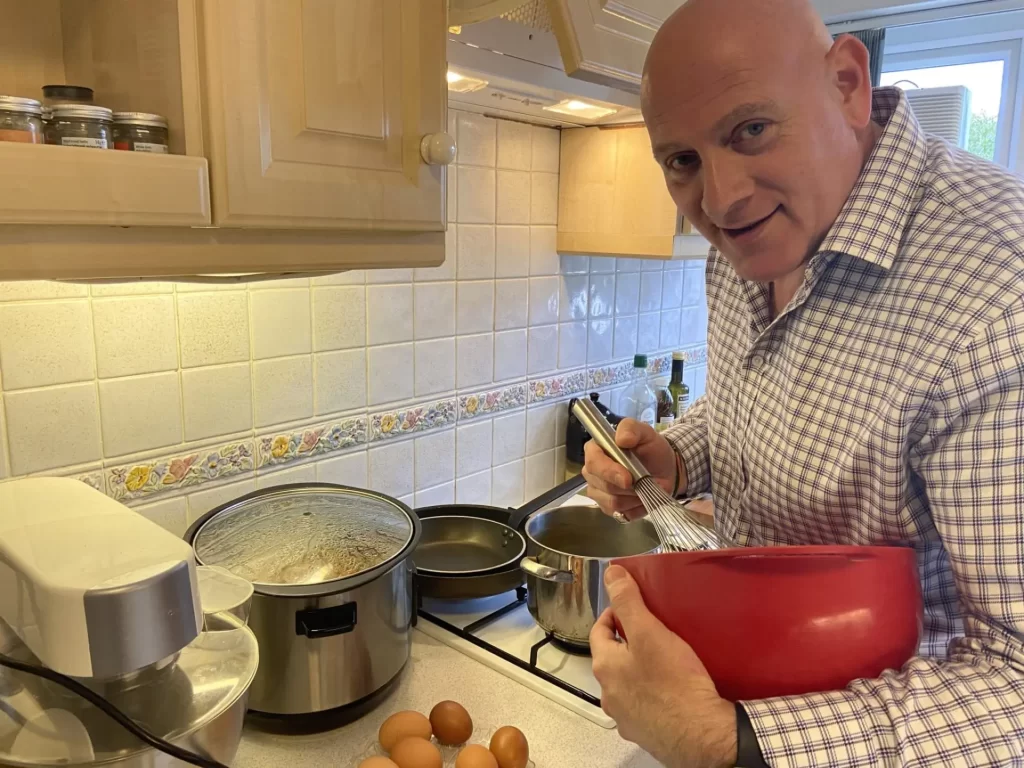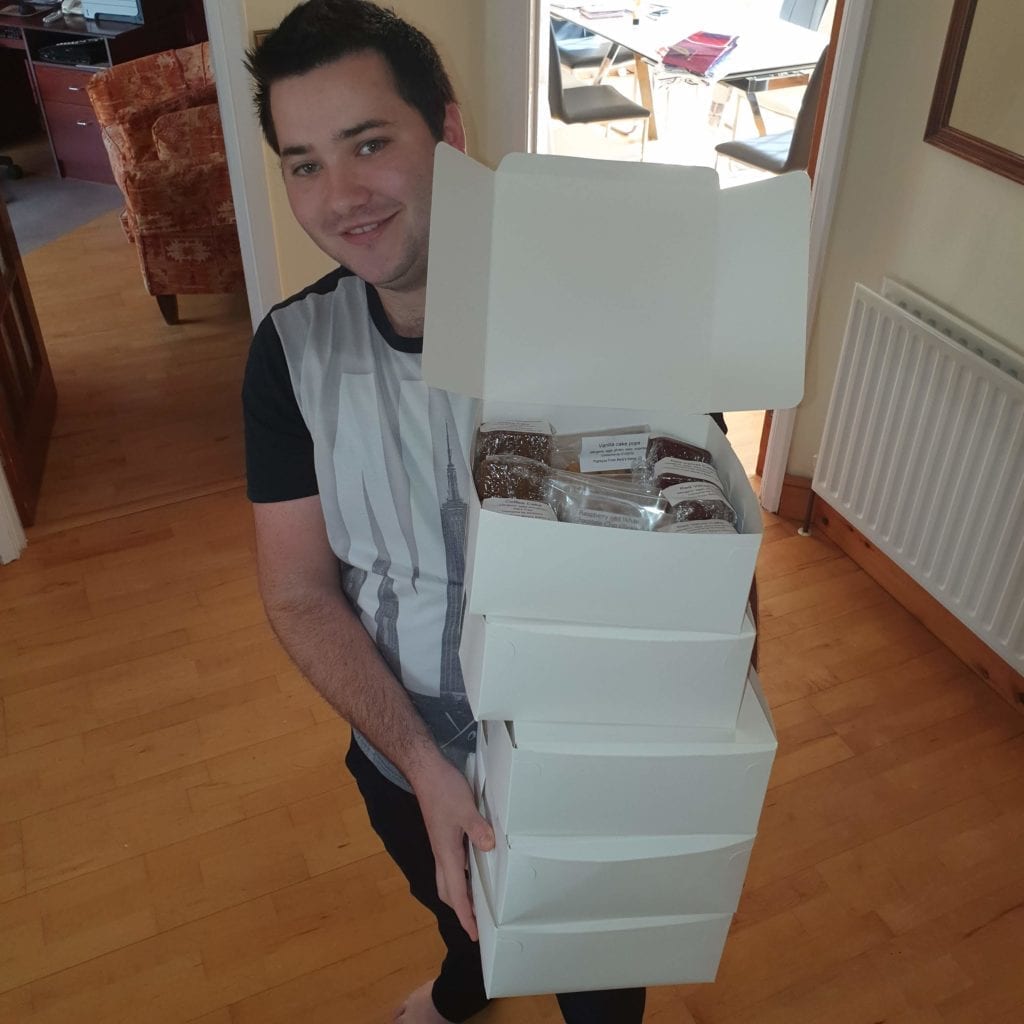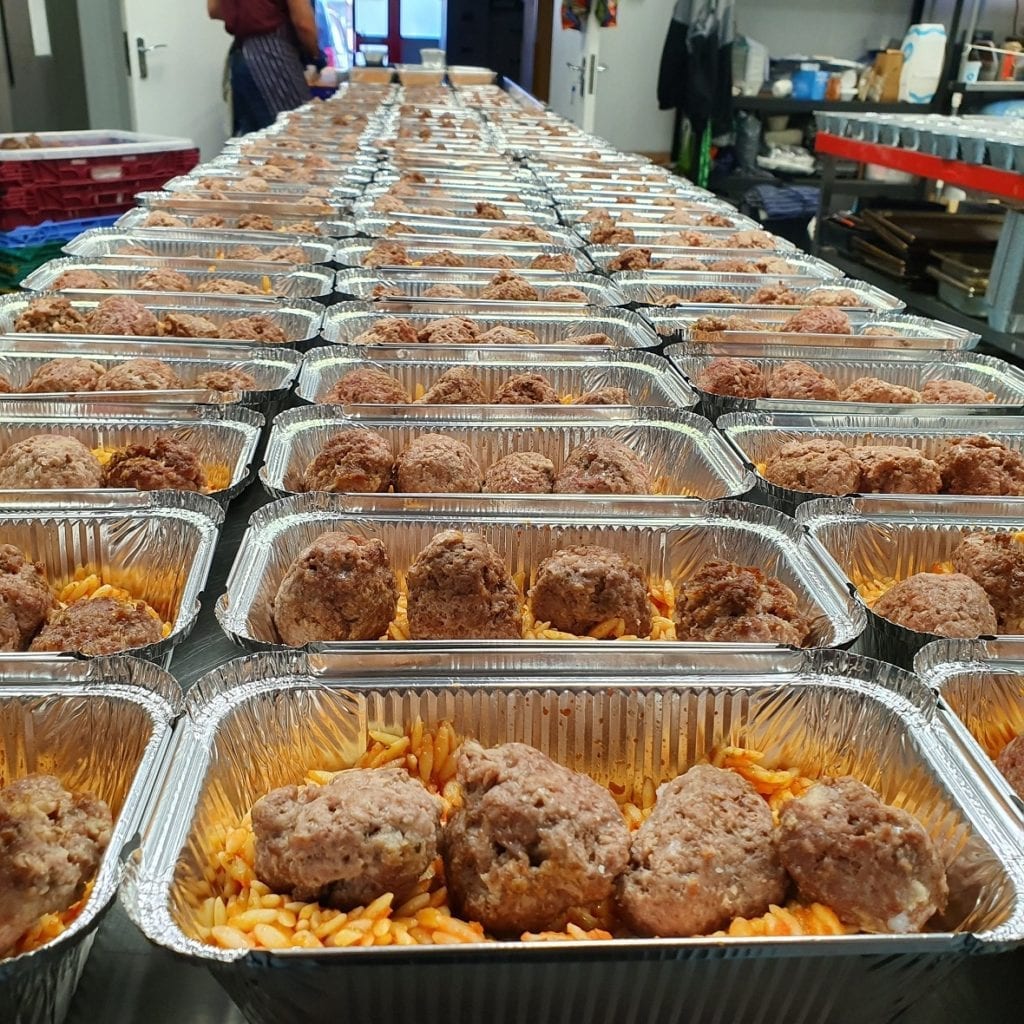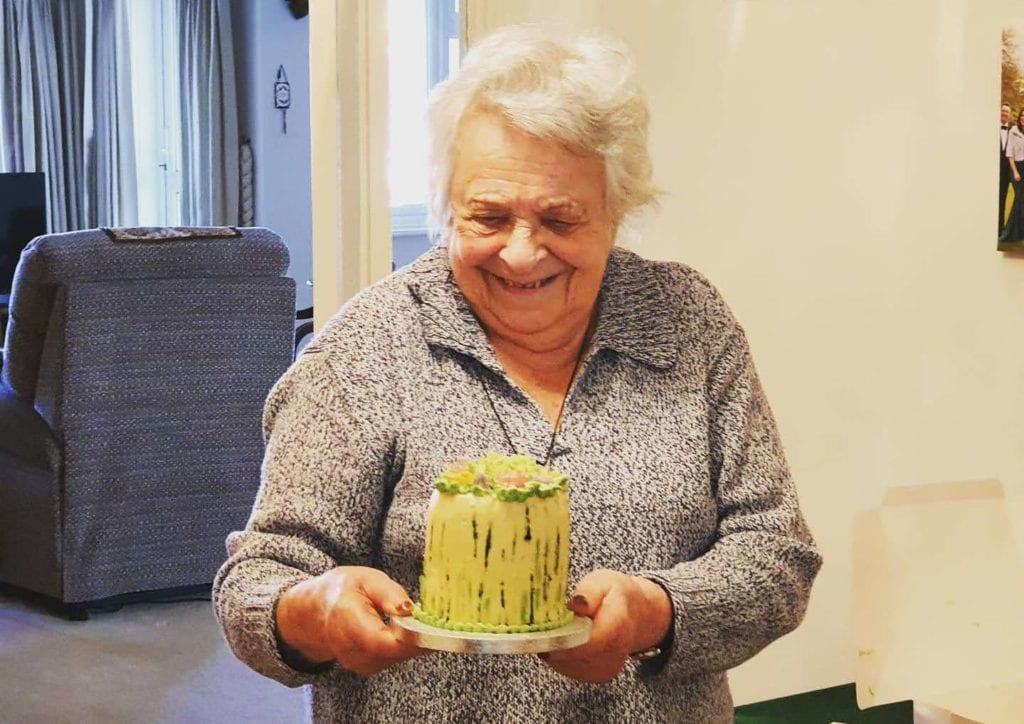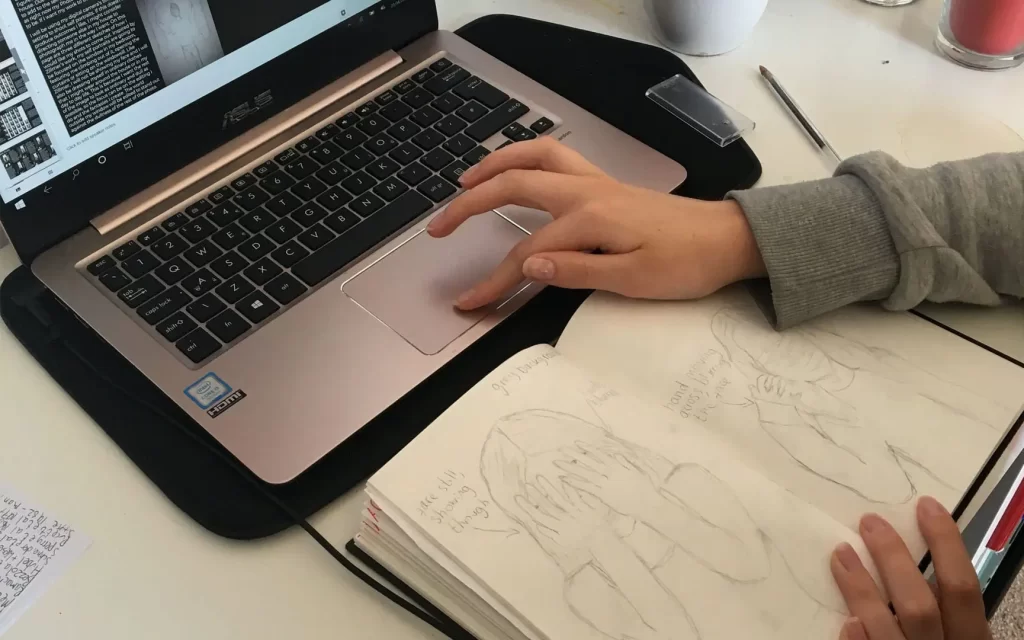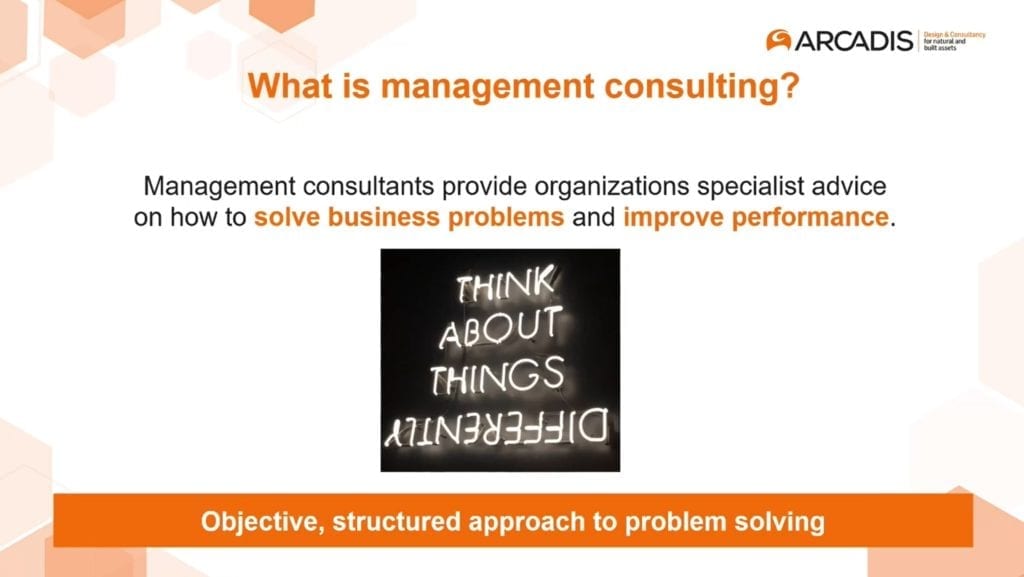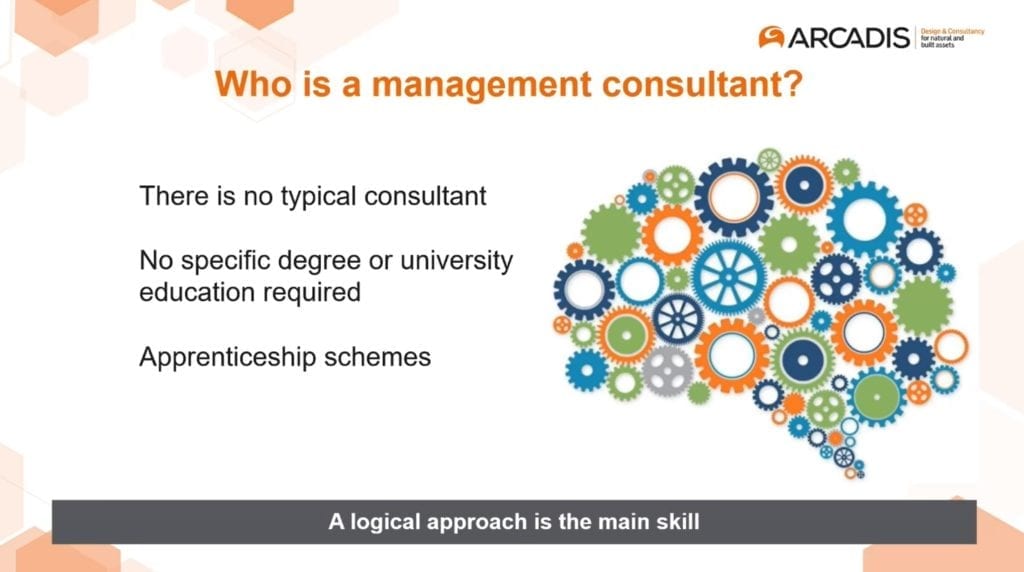By Mike Johnson, director of online tutoring platform PiTutor
Online learning is very new to a lot of you. The closest thing to online learning you usually do is when you accidentally learn something from a meme.

Right now you will be getting bombarded with resources from school and expected to learn independently, but where were the lessons on independent learning when you were actually in school?
So it’s understandable if lots of you and your parents feel like your new way of learning presents its own challenges, but with a few key techniques self-teaching online is definitely possible, and to prove it, here’s a few highly successful and self-taught people who did it before the internet was even a thing:
- Leonardo Da Vinci – learnt to become a world-class inventor, artist, mathematician and more
- Albert Einstein – left school early to pursue his own ideas
- Benjamin Franklin – couldn’t afford school but read everything that came into the printers where he got a job age 12
- Agatha Christie – learnt independently at home which she says made her more creative, and it clearly worked
- Thomas Edison – well known for learning from 10,000 failed lightbulb attempts before eventually making one that works
- Malcolm X – educated himself in a prison library before using his newfound ideas and vocabulary to inspire millions
- Henry Ford – learnt by experimenting with machinery before inventing the production line to make Ford cars
- Colonel Sanders – self-taught making awesome fried chicken
Here are a two things I have picked up working as an online tutor for the last couple of years:
- Don’t be passive
When you are using resources such as YouTube videos it’s very easy to just watch and learn. “I’m understanding all the material”, you say to yourself – so you’re learning, right? Well probably not.
The real world is not like the matrix where you just download information and it is then miraculously in your long term memory ready for use. In reality, if you’re lying in bed watching Maths videos on your phone you might be able to answer some questions immediately after but if someone asked you about the content of that video a week later you might as well have spent your time watching memes because, unless you’re Rainman, the knowledge has just slipped away.
“Why can’t I have a better memory?”, you might ask yourself in despair. You’ve got a perfectly good memory, you just need a better method!
What you need to do instead is practice active learning. To do this you need to challenge your brain. Think about it from your memory’s point of view. If you’re just consuming information that you understand then there is no strong signal to your brain that this is something you NEED to remember.
Your brain takes in a crazy amount of data every day. Every second even. Unless something really stands out, and more importantly, has value for the future, why would your brain bother remembering something?
What you need to do is perform something active that challenges you to think about the content and signals to your brain that this is something important.
Here’s a few ways you can do this:
– Don’t just take notes. Instead, pause the video every so often and actually try and summarise your understanding of what you just heard. Most importantly, while you do this you must focus on the meaning of what you’re learning.
– Use mind maps for notes to make connections between different parts of the content. Digital mind maps are better because it’s easy to reorganise as new connections appear to you.
– Include two different ways of thinking about something – for example, written information and a picture
– Practise questions or create your own
– Start a YouTube channel summarising topics. You will remember more of what you teach and you can help other people so it’s a win-win technique.
2. Too much of a good thing
Online resources are great, but if you consume too much of the same content in one go it is very unlikely you are going to remember it.
It feels really productive to watch a whole series of videos, take active notes and then answer a bunch of past paper questions which by the end you are getting correct 100% of the time to the point it’s becoming easy. If I ask you next week you’re probably not going to remember a whole lot.
“But..” you protest, “isn’t that what you said before? I actively engaged in the content by making notes and thinking about the meaning, and then I answered questions to engage my brain and check that I’ve actually learnt the content. What more do you want from me??!!!”
Fair question. Now you are using all the right techniques – which is great – but that’s still not enough. It’s not your fault though! The way that most educational content is organised simply doesn’t agree with how we know your brain works.
Pretty much every textbook that you’ve ever seen is organised by topic, and within each topic, there is a section with information and then there will be a bunch of similar questions so you can put the knowledge you’ve just read into practice. When you practise a lot of the same questions, your brain will be very good at adapting to the method and replicating it.
The problem here is that this is all happening in your working memory. Your goal is basically to get the things you practise from your temporary ‘holding pen’ – working memory – over to your long term memory. The best way to do this is to spread out your practice over a period of time in much shorter bursts.
So let’s put it all together. First, you need to actively engage with online resources by making notes PROPERLY – in different formats while stopping often to think about meaning to make sure you understand. Now you leave it alone for a little while and then you do some retrieval practise using your own flashcards or online quizzes. Just 25 minutes every so often AT LEAST 3 times is good. If you can do both of these; active learning and retrieval practise, you are taking advantage of two of the most powerful learning methods currently known to science!
Online learning is still new and will take some time to adjust to. Hang in there. There is the inclination to see this all as some force of necessity, rather than an opportunity. As we begin to come out of lockdown, we might see our progress with online learning as the (potential) beginning of a new era for general education.
Mastering these tools now carves out another fork in the road, building on the traditions of old and making use of new technology to expand the limits of academia. It may seem a little overwhelming at the moment, but how we decide to learn from this experience will pave the way for new generations to get the most out of school.
So work hard. Focus on active learning and balanced techniques. Find new ways to learn independently and, above all, try to have a little fun with it.







